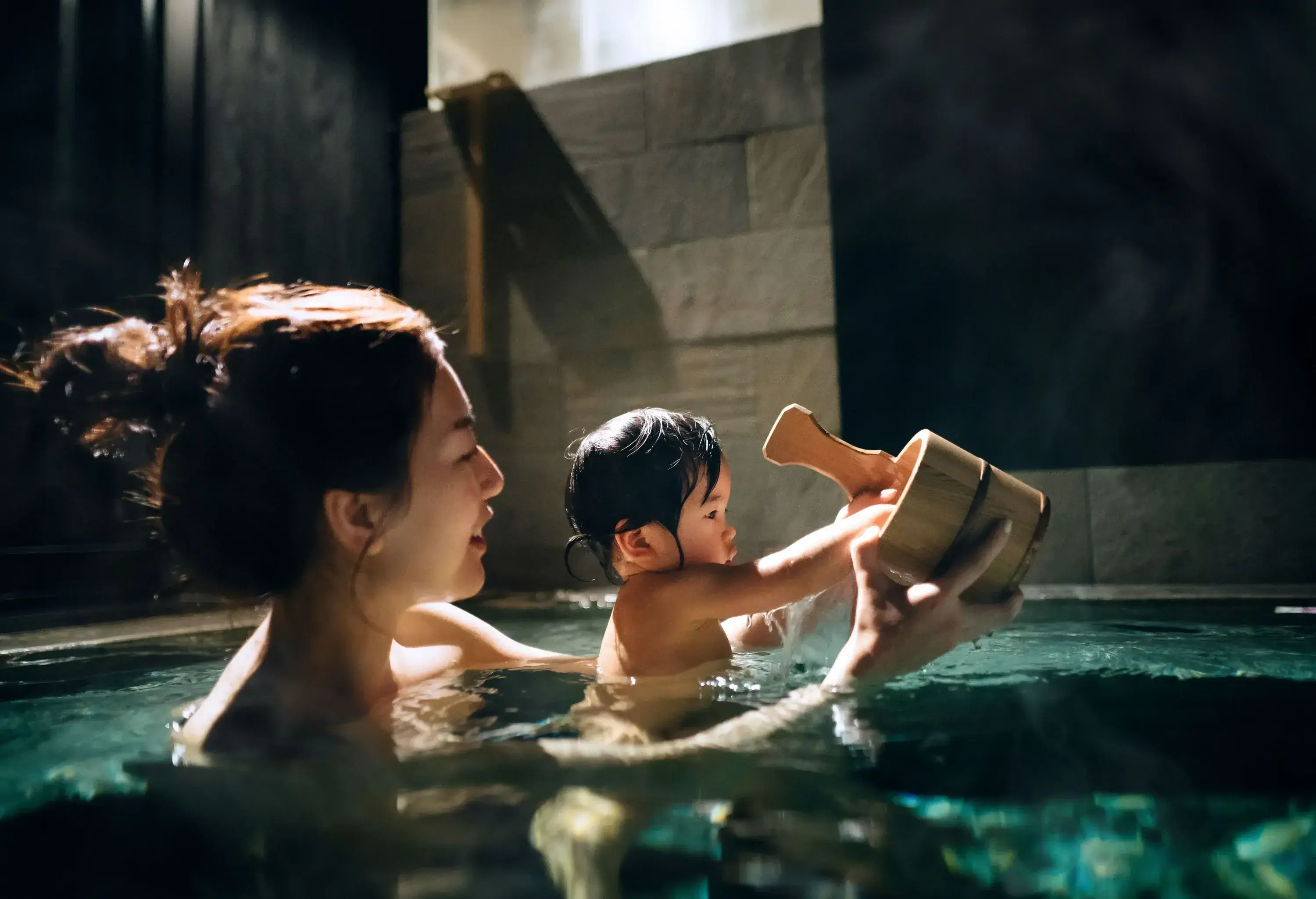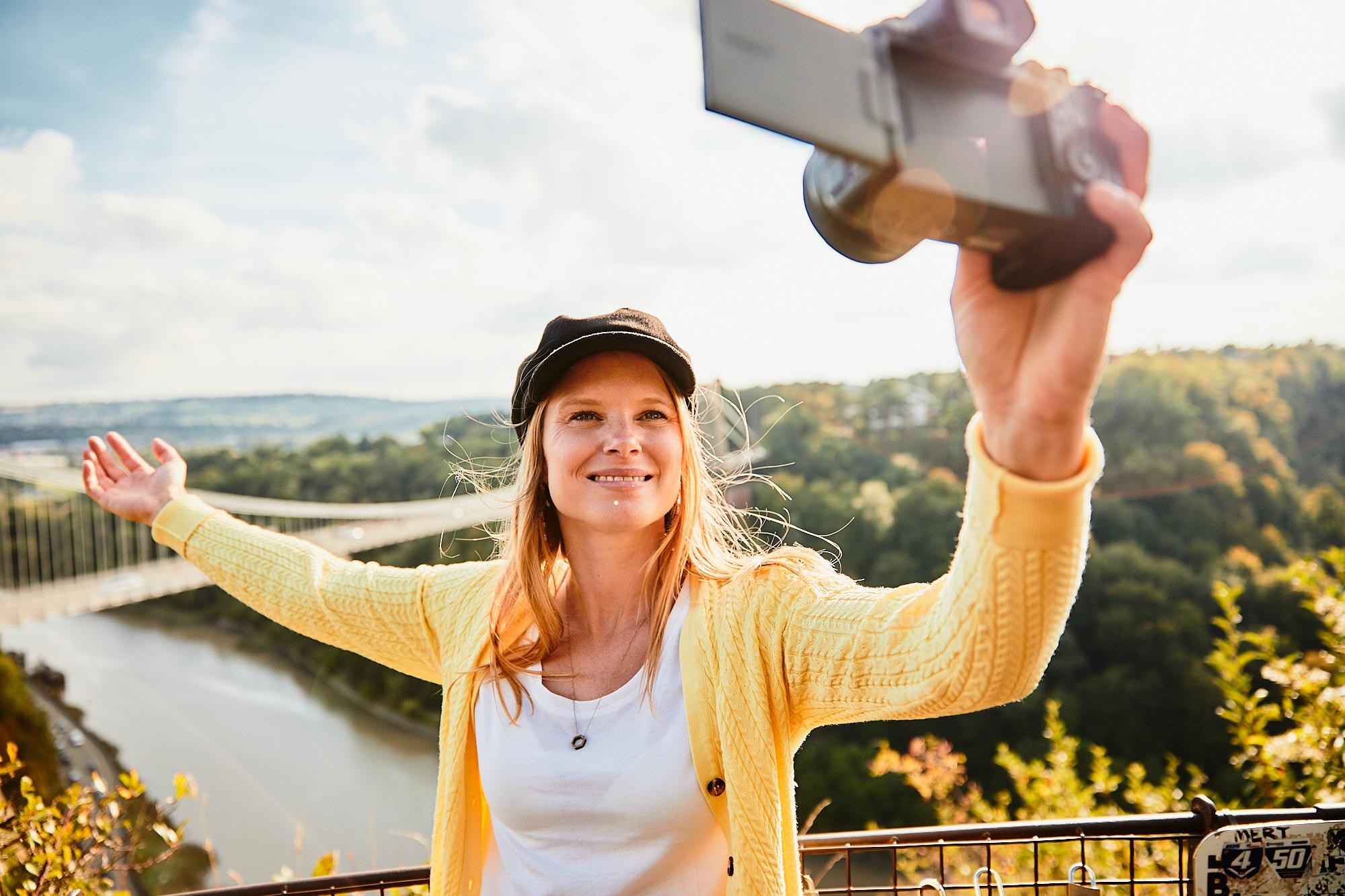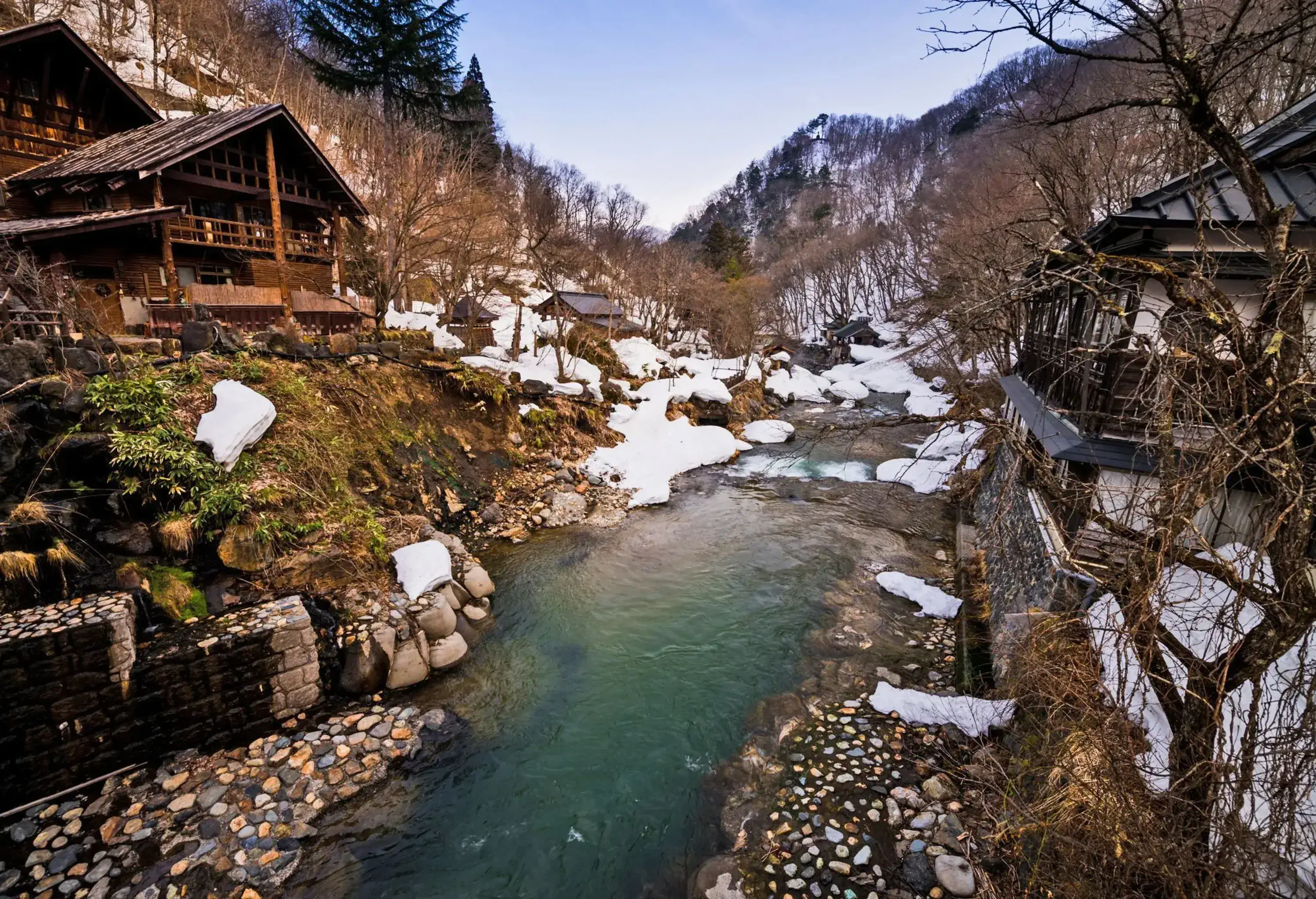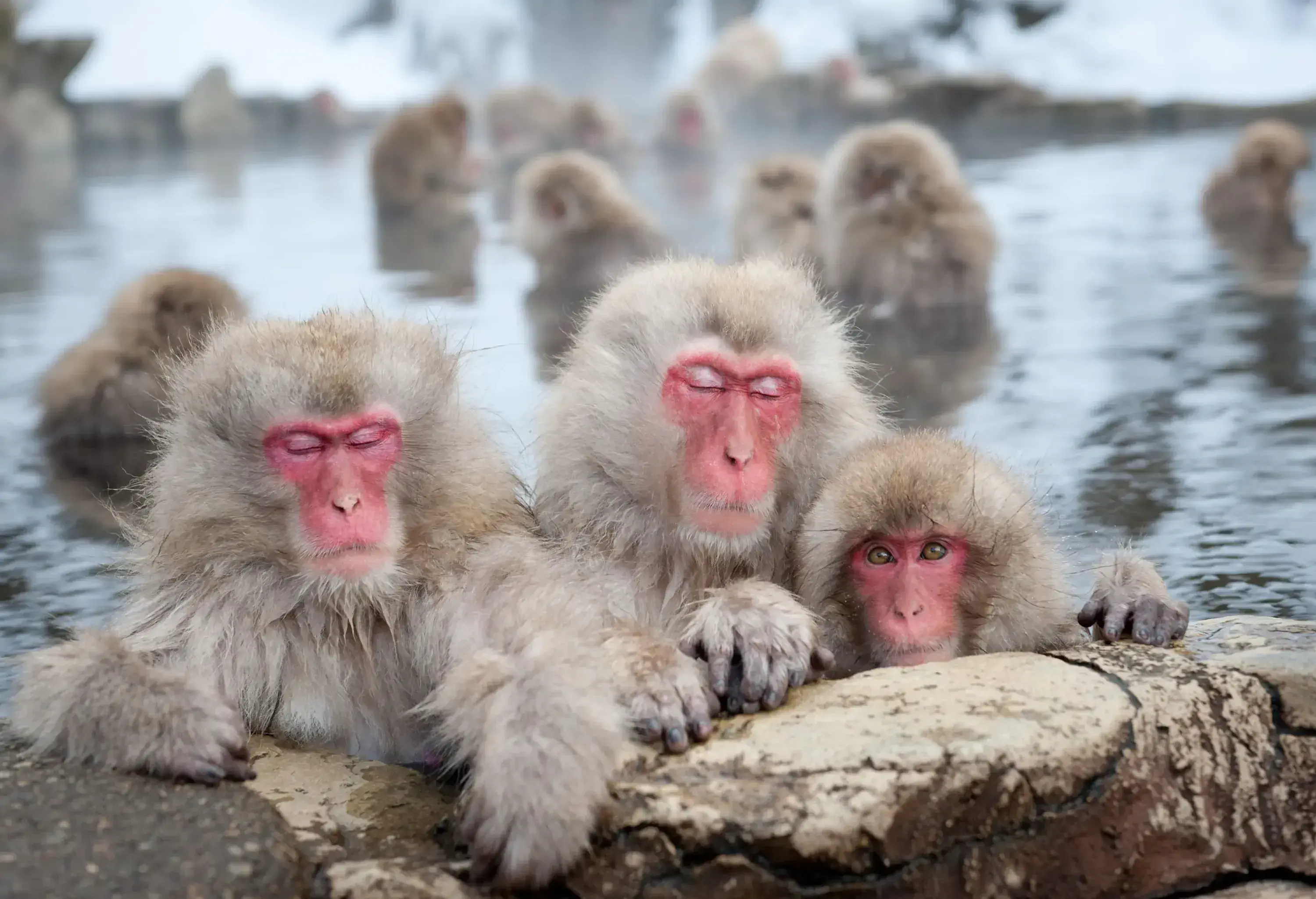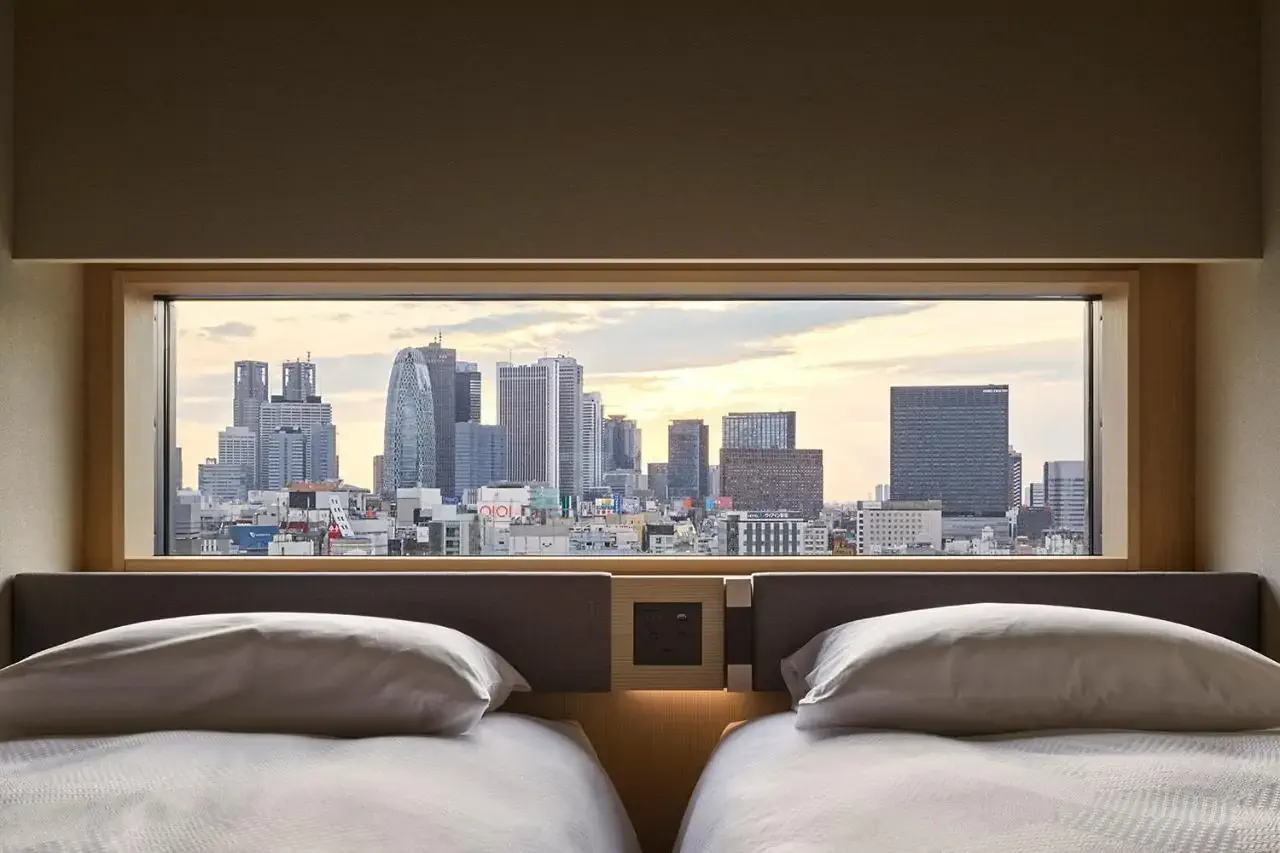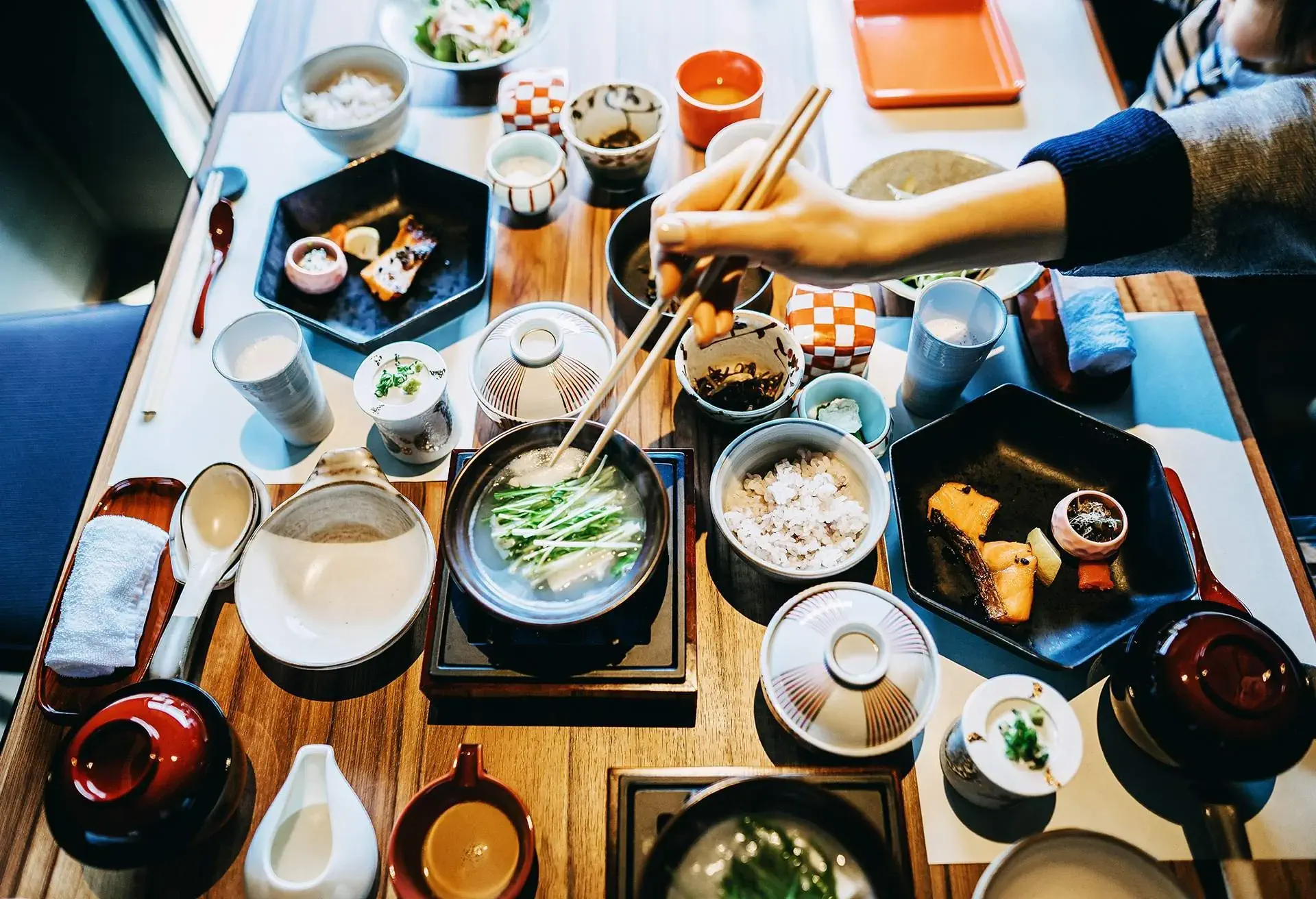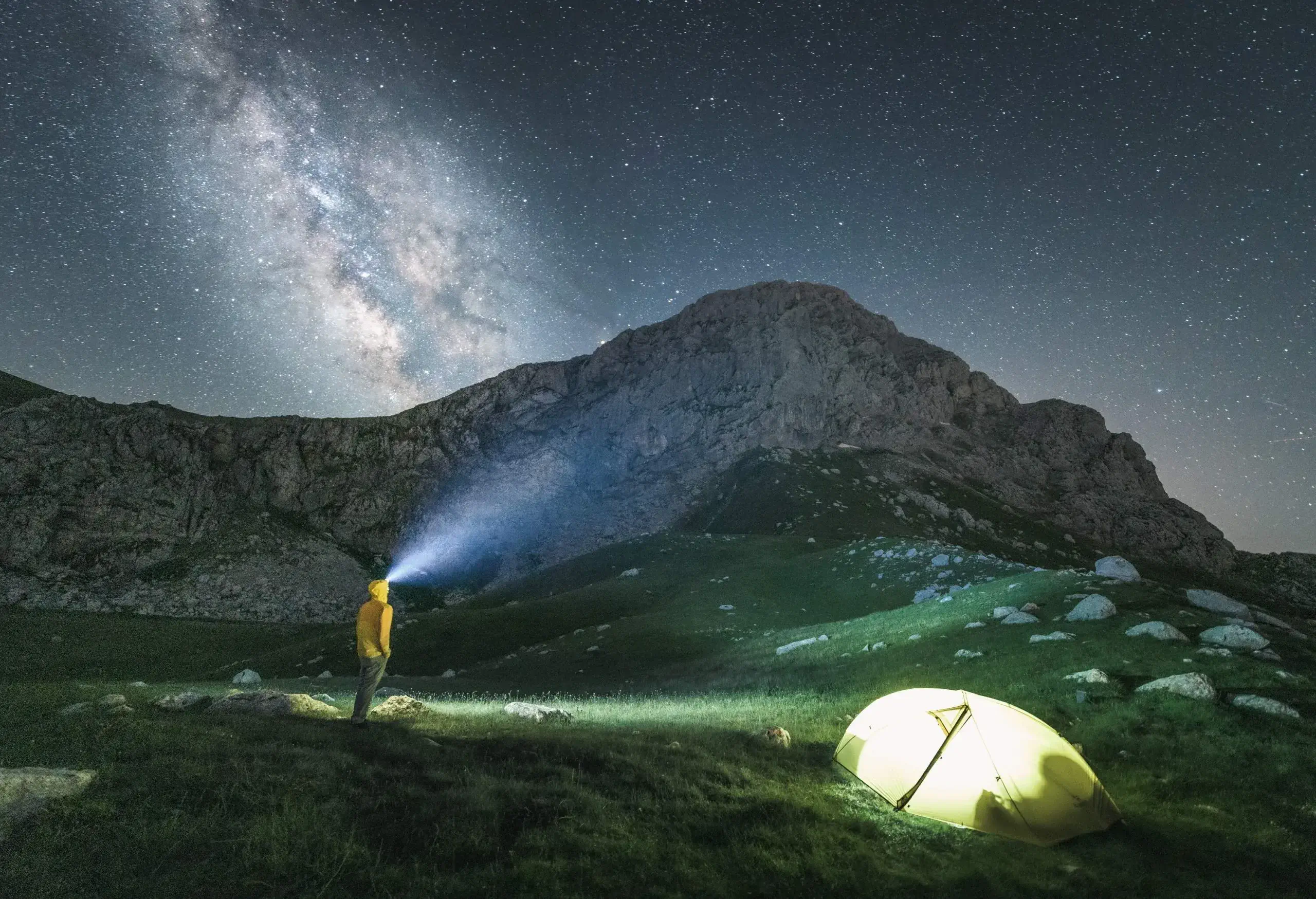A soak in an onsen in Japan is a special experience on your travel itinerary. More than simply relaxing, a visit to these traditional hot spring baths is a cultural ritual deeply-rooted in Japanese life. For an authentic introduction, consider staying at an onsen hotel or a ryokan, a traditional Japanese inn where bathing, dining and culture come together.
What is a Japanese onsen?
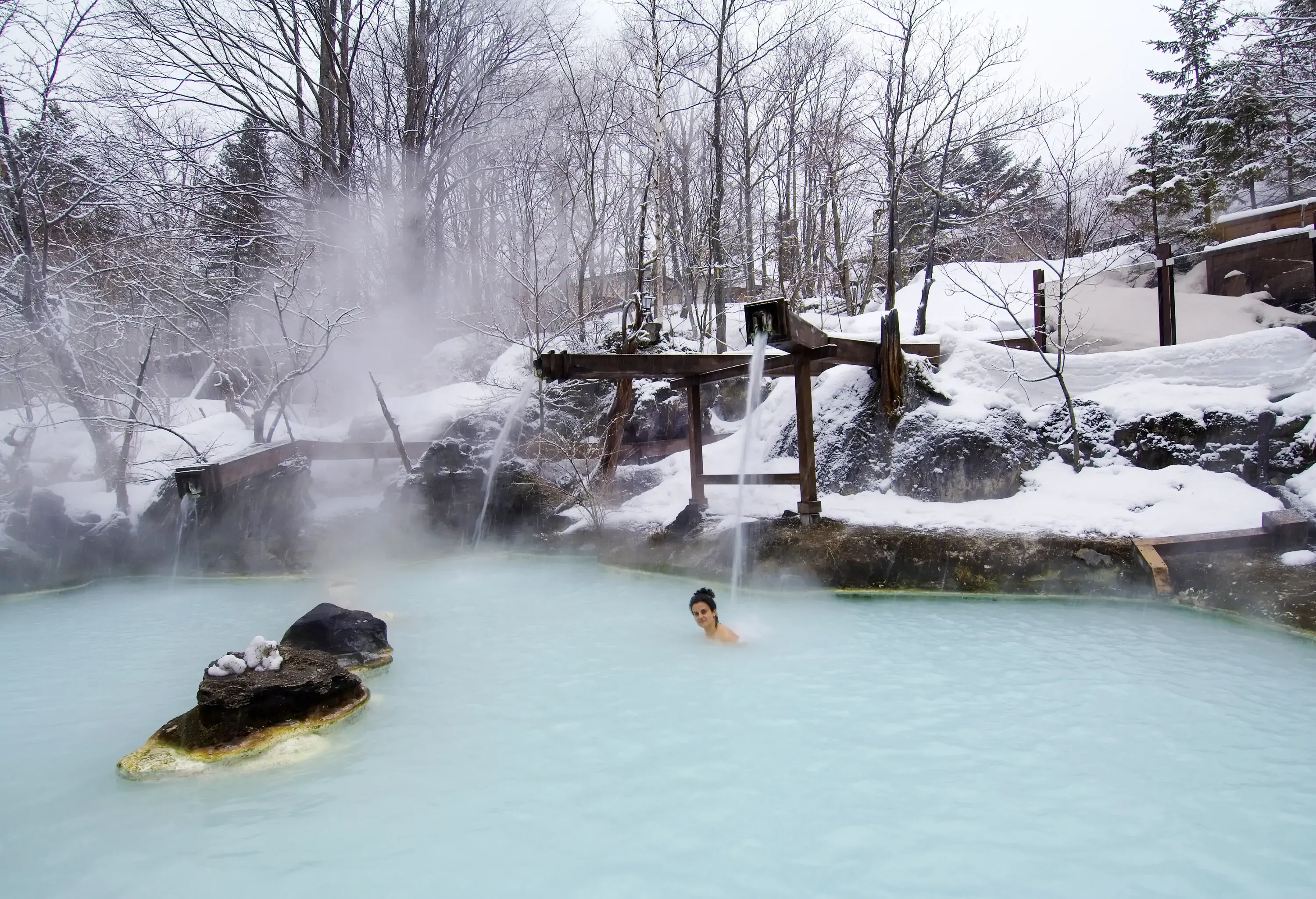
A Japanese onsen is a natural hot spring bath, usually heated by geothermal activity and often rich in minerals. These healing waters can relieve everything from muscle pain to skin conditions. No two onsen are the same. Some are public, others private. Some have outdoor swimming pools, while others have intimate indoor tubs.
You’ll discover special towns across Japan, famed for their onsen culture. The baths can be found in a variety of accommodation types, from traditional Japanese inns (ryokan) to modern skyscraper hotels.
Famous onsen towns in Japan.
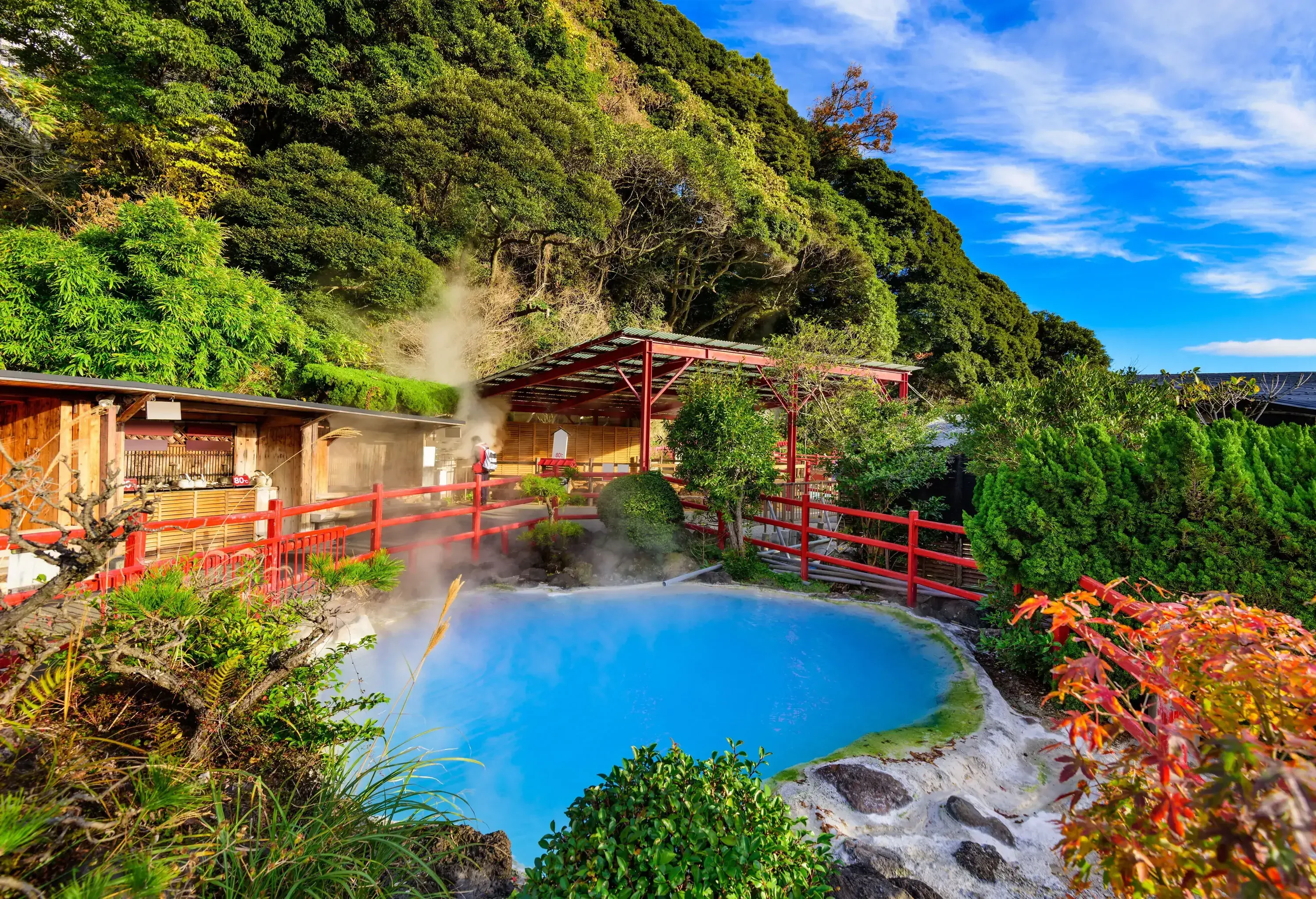
There are historic onsen towns located all over Japan, from the countryside to the mountains and the coast. Some are a short journey from major cities, so you can combine sightseeing in Tokyo, Kyoto or Osaka, with a few days of relaxation and culture at a traditional onsen.
Japanese onsen towns are open year-round, but they can feel especially magical in winter, when snowy landscapes surround the steaming baths. Just imagine warming up in those thermal waters while looking out over frost and snow. If you’re looking at dates, don’t miss our guide to the best time to visit Japan.
Some of the most famous onsen towns in Japan include:
- Hakone Onsen: One of the closest onsen towns to Tokyo, with views of Mt. Fuji.
- Shibu Onsen: Near Jigokudani Monkey Park, where snow monkeys bathe in the waters.
- Dōgo Onsen Honkan: Japan’s oldest onsen, which features a wooden public bathhouse dating from 1894.
- Beppu Onsen: One of the largest hot springs resorts in Japan, with a wide variety of bathing options.
There are plenty more onsen, all over the country, including Arima Onsen (close to Osaka and Kobe), Nozawa Onsen (a ski resort with onsen baths) and Kurokawa Onsen and Ginzan Onsen (known as two of Japan’s prettiest onsen towns).
How to visit an onsen in Japan.
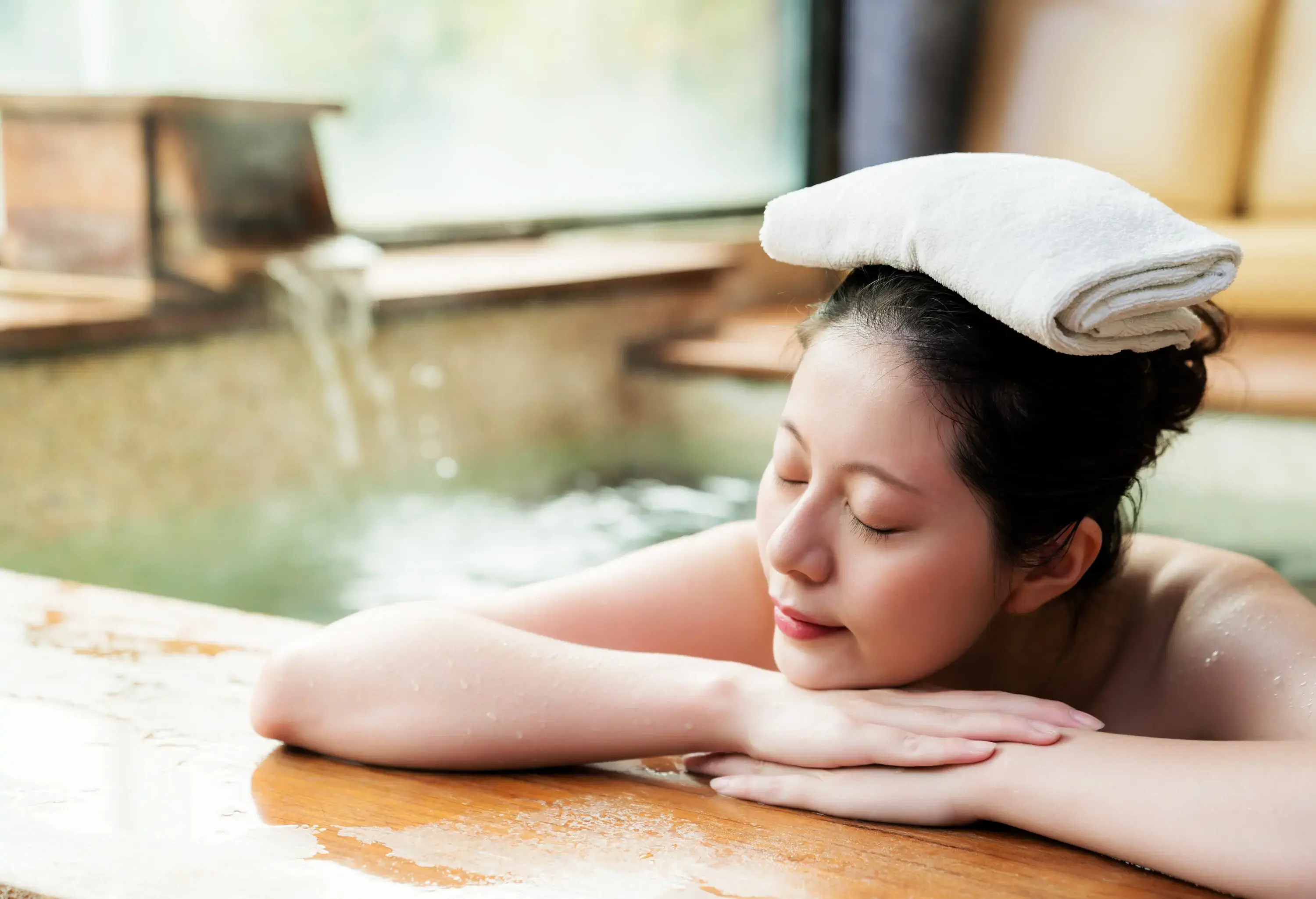
Visiting an onsen is different to a spa experience, as it’s not purely about relaxation. It’s also a cleansing experience, deeply-rooted in Japanese culture.
Men and women are separated at public onsen. However, if there’s a private onsen within your hotel, you can visit with your partner or family. If you’re nervous about being naked in a public onsen, these private experiences can be more comfortable.
It’s important to be respectful when visiting an onsen. Here are a few things to be aware of:
- Wash thoroughly before you enter the thermal waters.
- Keep onsen towels out of the baths.
- Stay hydrated.
- Don’t wear swimwear.
- Tattoos are often prohibited or must be covered. Check in advance, or book a private onsen if you have a lot of tattoos.
- Some waters are very hot (over 104°F) so it’s not recommended to stay longer than 20 minutes.
- If you’re pregnant or have a severe health condition, you should check with a doctor before you visit an onsen.
Bathing in an onsen brings so many amazing benefits. The waters are often rich in minerals such as sulfur, magnesium, sodium, calcium and iron, so a leisurely soak can increase blood circulation, lower blood pressure, reduce stress, relieve pain, treat skin problems and combat anxiety.
If you’re visiting a public onsen, entrance fees usually range from ¥500 to ¥2000 ($3.50 – $14), depending on the facilities. Most average around ¥800 ($5.50). In addition, you may need to rent a towel or pay for a locker to store your belongings.
The ryokan in some towns include access to bath houses in the area. For example, if you stay overnight in Shibu Onsen, you may receive a master key to visit the local bath houses, which aren’t open to the general public.
Keep an eye out for ashiyu (Japanese foot baths), found in onsen towns and near to tourist sites. They’re often free to use – just remove your shoes and socks and enjoy a rejuvenating soak. There are even cafes in Tokyo that include foot baths, so you can sip a matcha latte while soothing your tired feet.
Staying at an onsen ryokan in Japan.
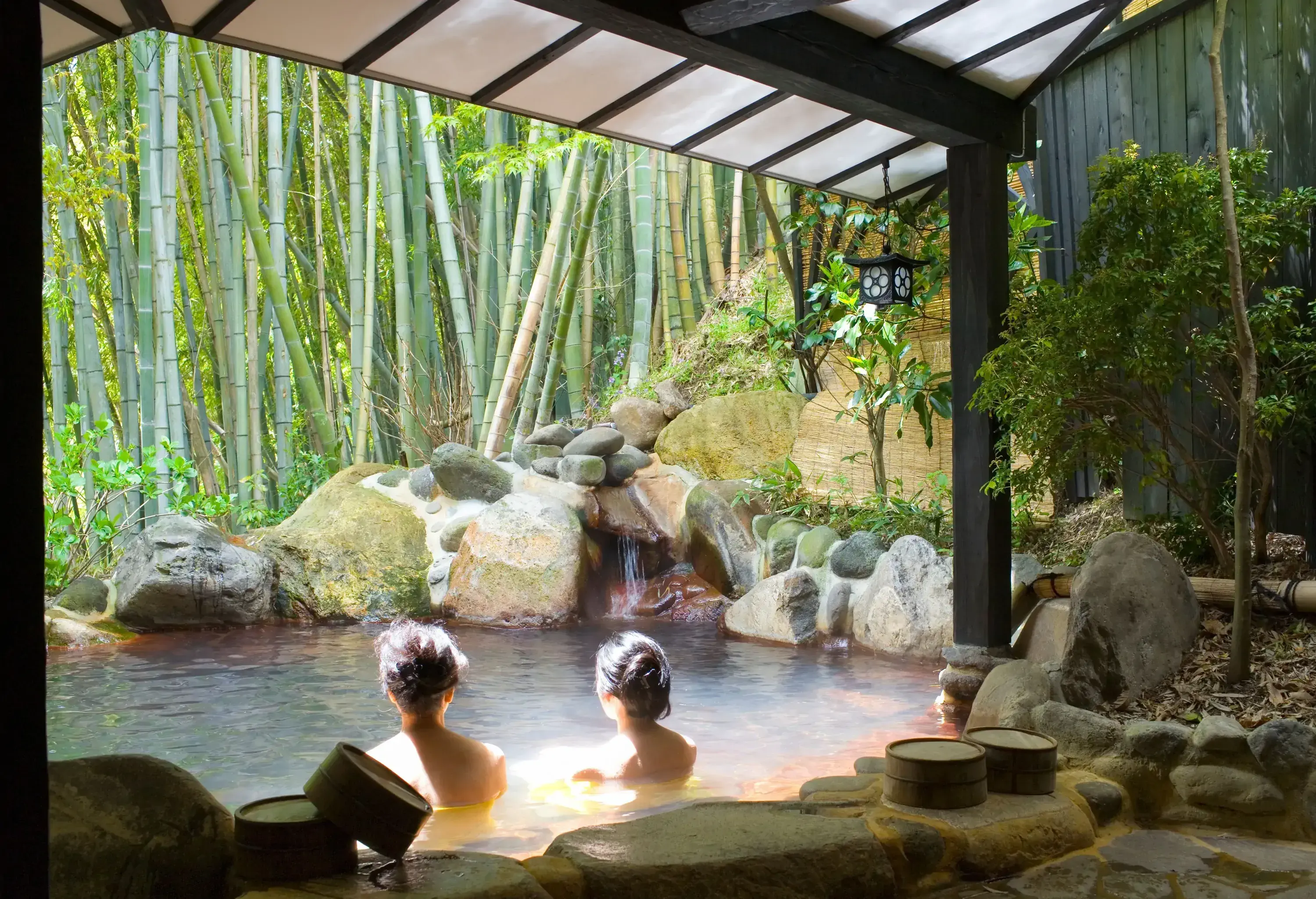
While some standard hotels have access to onsen baths, I’d recommend booking a ryokan stay for the ultimate Japan experience. These traditional Japanese inns are some of the most cultural and special places you can stay in the country. Depending on the size of the ryokan, there may be options of both public and private onsen for guests to use.
The style of accommodation in a ryokan is usually minimalist, with tatami mats on the floor and very few items in the room. Often a low table will be set up when you arrive, then staff will convert your room with futons to sleep on later. Ryokans often serve multi-course breakfasts and dinners (known as kaiseki) featuring numerous delicacies served in tiny bowls.
Our favorite onsen hotels in Japan.
Staying in an onsen hotel is one of the most memorable experiences you can have in Japan. The combination of minimalist design, Japanese hospitality, wellness, culture and cuisine immerses you in a peaceful and traditional way of life. It’s a little flavor of Japan at its most serene. To help you choose the perfect stay, here are some of the best onsen hotels in the country.
Takaragawa Onsen Ousenkaku
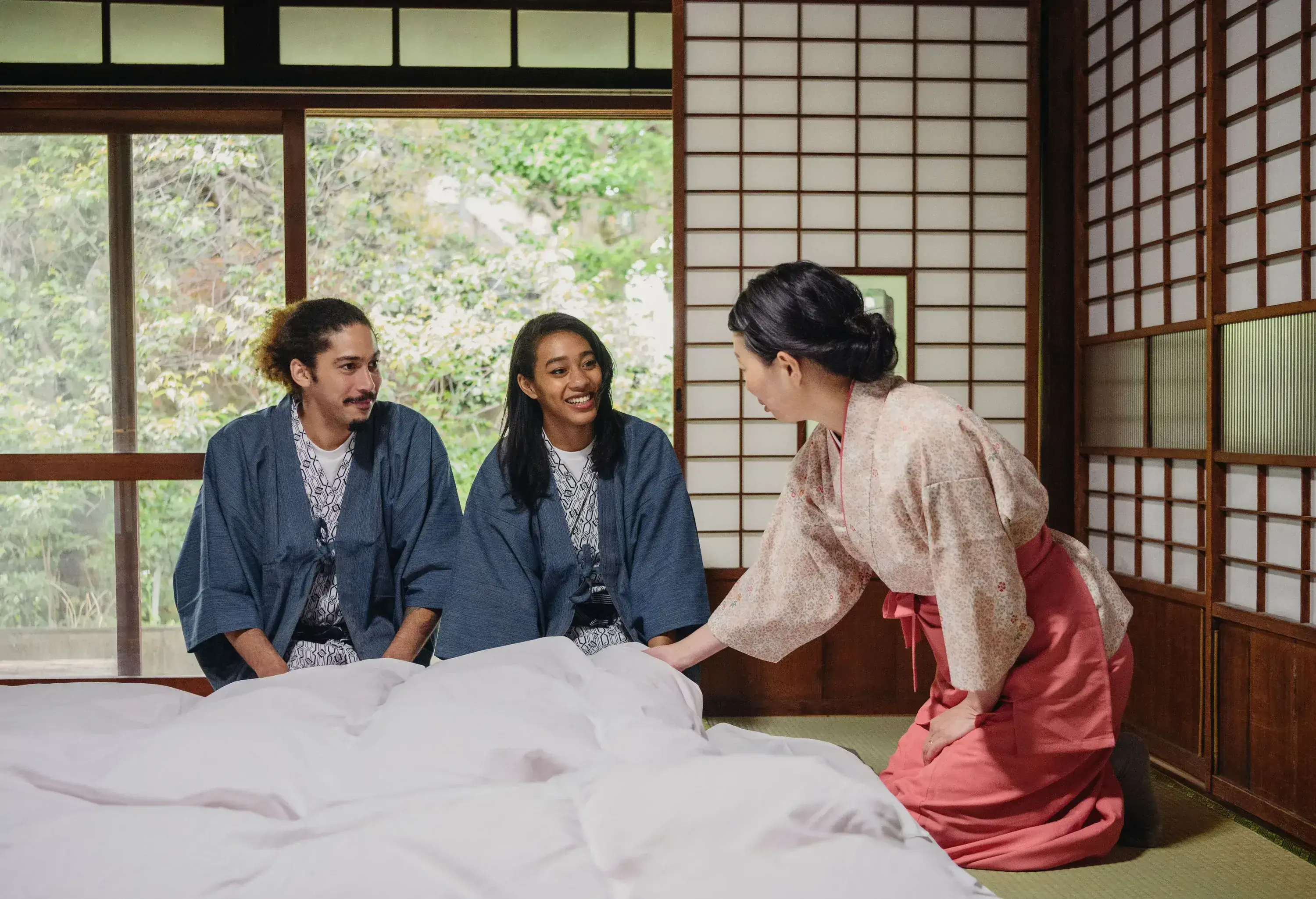
This beautiful ryokan is located on the banks of the Takaragawa River, a short drive from Hodaigi Ski Resort. It’s a serene spot, ideal for nature lovers and those looking for a contrast to Japan’s busy cities. There are indoor and outdoor hot springs, with the outside onsen extra special in winter, when the landscapes are covered in snow.
Rooms are in a traditional ryokan style, featuring tatami mats and futons. Plus, you’ll be able to enjoy traditional multi-course kaiseki meals.
Nishiyama Onsen Keiunkan
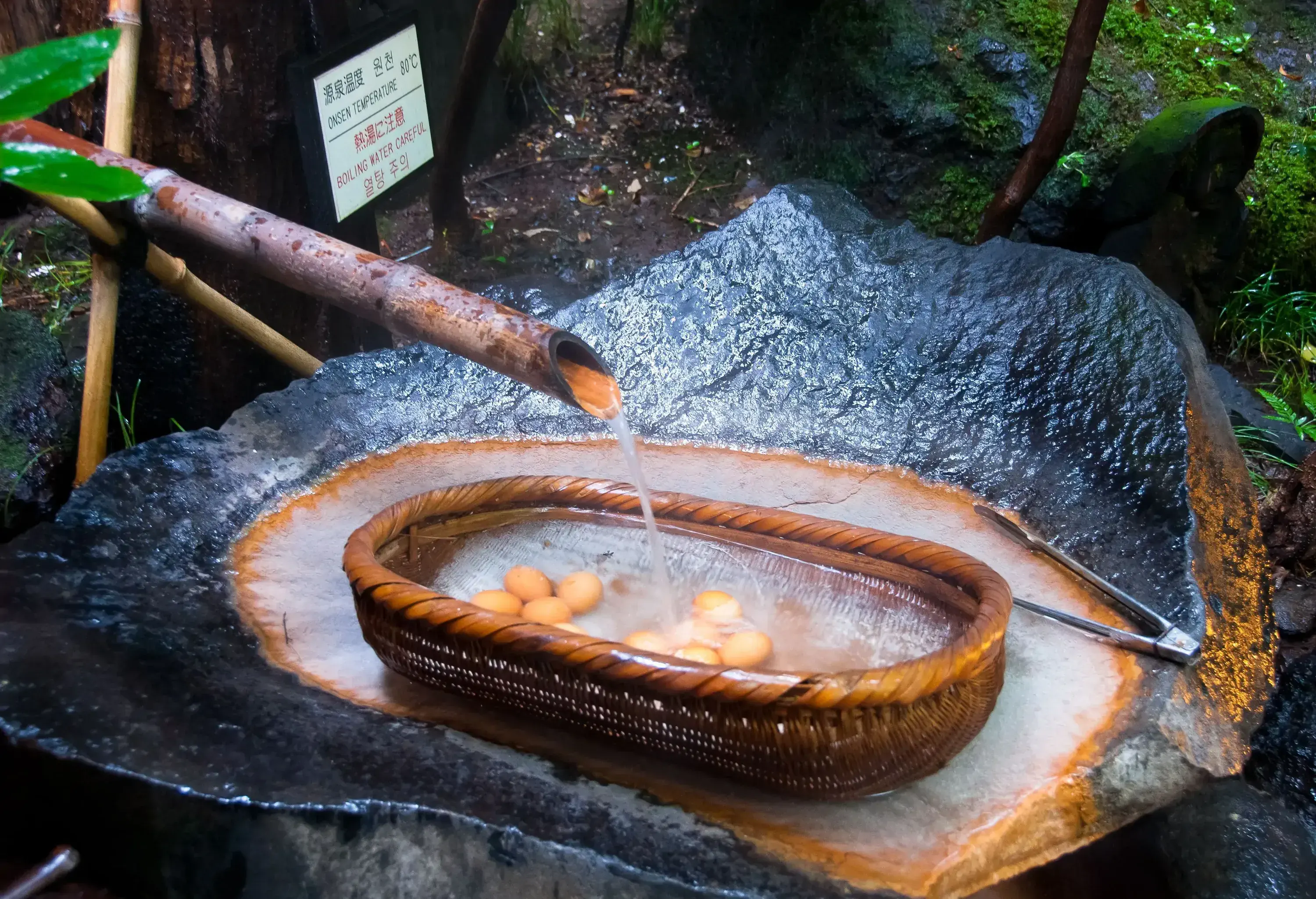
Officially recognized by Guinness World Records as the world’s most historical inn, this onsen has been welcoming guests for over 1,300 years. It offers a tranquil escape in picturesque natural surroundings, along with some of the purest hot springs in Japan. There are four outdoor and two indoor baths. The waters here are full of minerals, known to help with digestive disorders, muscle pain and skin conditions, so you’ll leave feeling lots healthier.
If you’re dining at the onsen hotel, you’ll get to sample a photogenic ‘Mountain Kaiseki Banquet’ showcasing seasonal ingredients.
Onsen Ryokan Yuen Shinjuku
This hotel is proof you don’t need to leave Tokyo to get your ryokan fix. Located in the vibrant neighborhood of Shinjuku, this is a modern take on a ryokan, offering contemporary bedrooms with mesmerizing city panoramas.
The onsen facilities are chic too, with a rooftop onsen that boasts amazing views over Tokyo. There’s a dimly-lit restaurant, offering several menus of tasty dishes. Take your pick from tasty a la carte options or a more traditional kaiseki multi-course meal.
Amane Resort Gahama
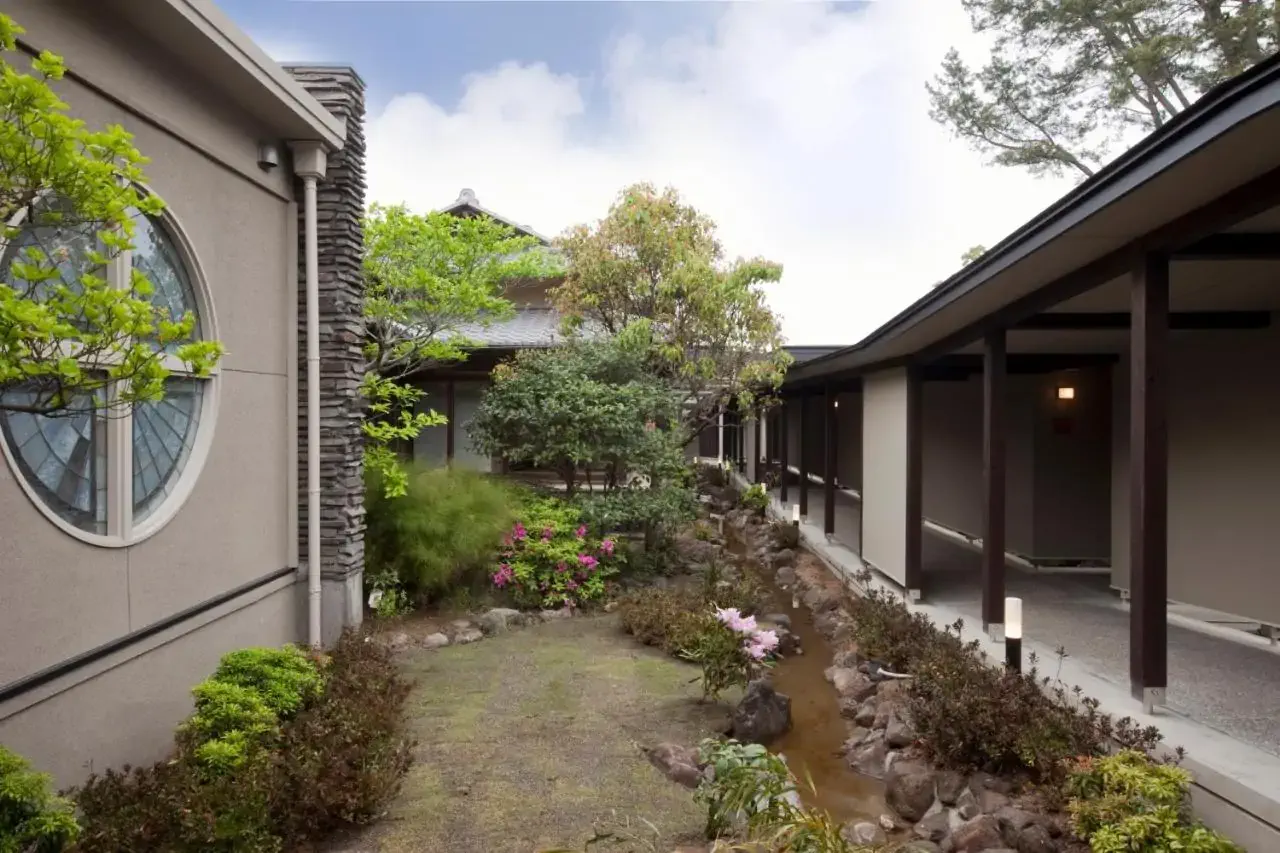
Beppu Onsen is famed for its healing hot springs, and at this hotel you’ll get to experience those special waters while enjoying a luxurious stay. Amane Resort Gahama offers a 5-star ryokan experience with several beautiful hot spring baths, tranquil gardens and spectacular views over the Shoningahama coastline.
There are options of bedrooms and villas, each with private onsen. It’s intimate and special, making it an ideal pick for a romantic ryokan stay or a honeymoon in Japan.
Kurama Onsen
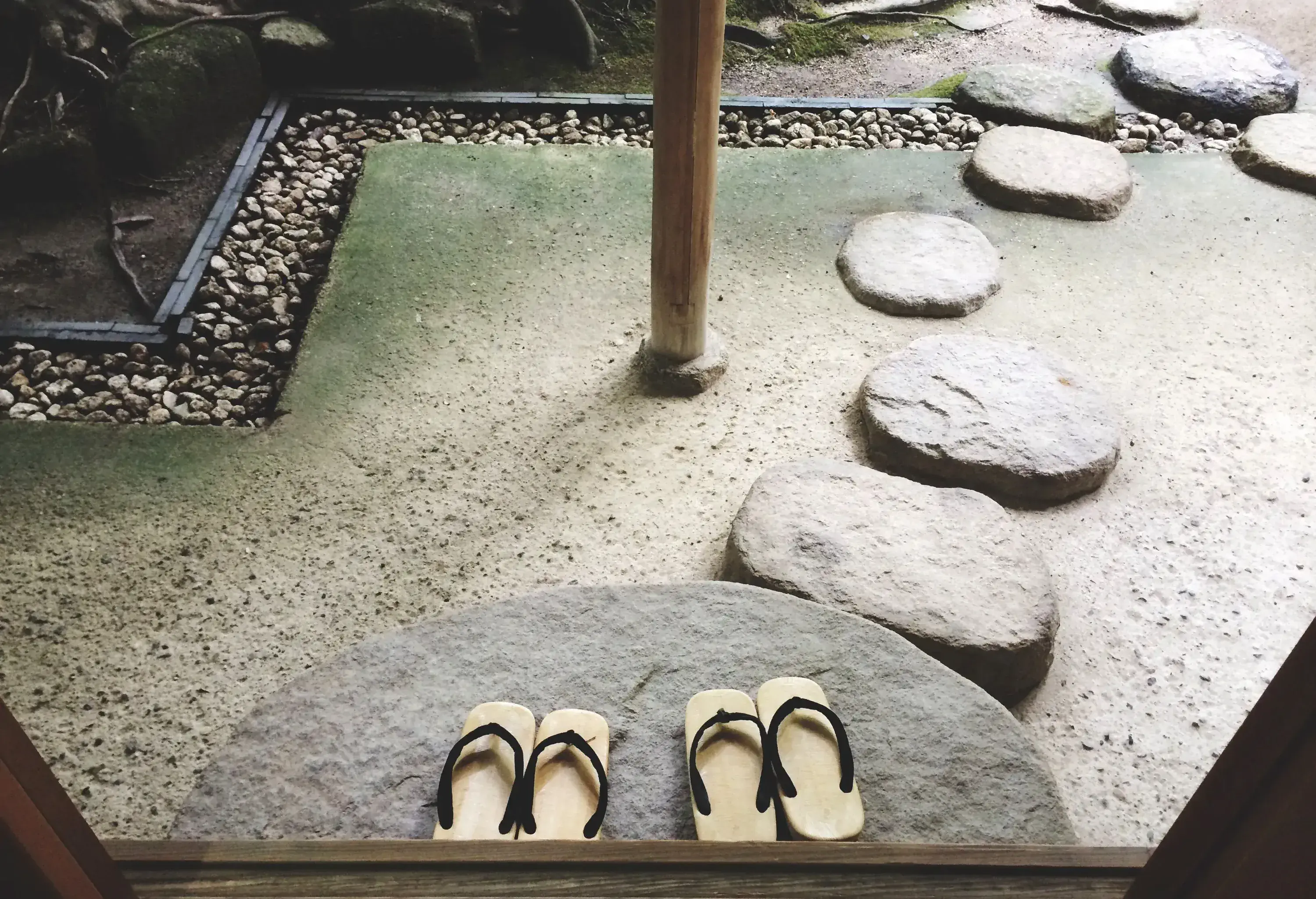
Around 30-minutes from Kyoto, this traditional onsen hotel is located in nature at the base of Mount Kurama. With just a few traditional bedrooms available, it’s an intimate and private place to stay.
The hot springs here are rich in iron and known for their wonderful effect on skin. There are male and female onsen facilities indoors, plus an open-air bathing area with beautiful views of the trees.
The food is extra special, incorporating local ingredients such as the local river fish and Kurama’s specialty kinome (Japanese pepper tree).
Shibu Onsen Kokuya
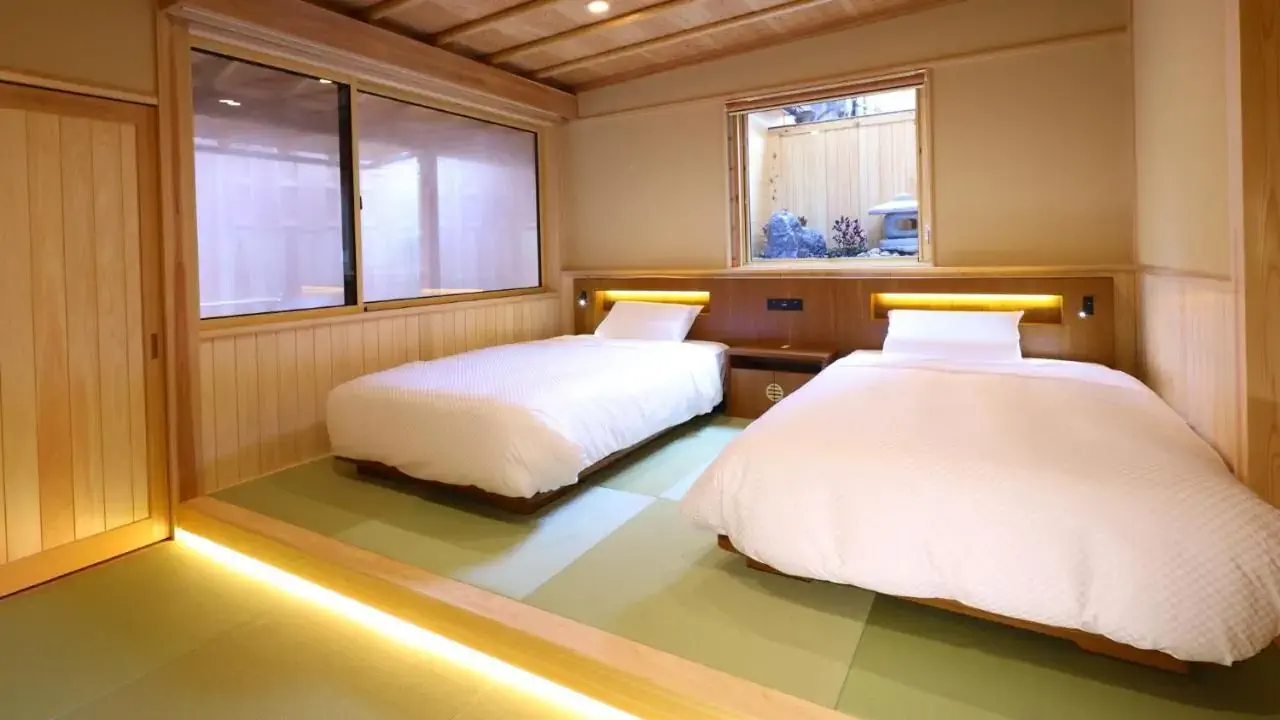
This beautiful onsen hotel is one of the oldest in Japan, and ideal if you’re looking for an authentic ryokan experience. Located in the town of Shibu Onsen (famous for its snow monkeys) this hotel has several indoor and outdoor bathing options. Many rooms have terraces featuring hot tubs, plus there are private onsen available to book.
At breakfast, you can choose from traditional Japanese dishes, including onsen tamago (‘onsen eggs’ which are slow-cooked in thermal waters). Or, if you’re in need of a change, there are Western options available too.
Arai Ryokan
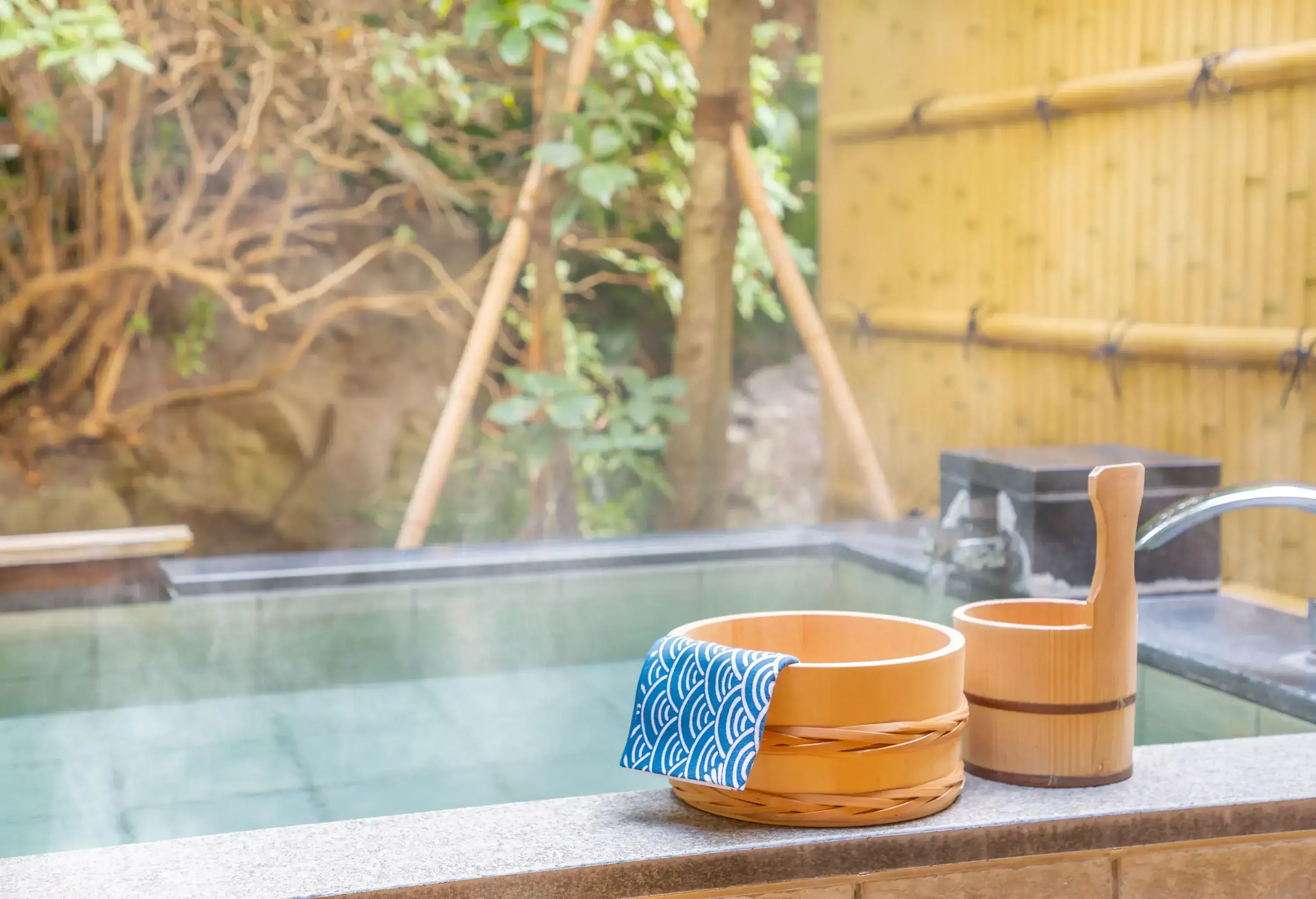
Located in Shuzenji Onsen, one of Japan’s oldest and most famous hot spring towns, Arai Ryokan sits in beautifully landscaped gardens next to a serene river. Rooms incorporate traditional Japanese elements, with tatami mats on the floor, futon bedding and yukata robes.
Guests can unwind in the onsen baths, famed for their healing waters, before indulging in kaiseki dining, served directly to your room. This ryokan also caters well for families or groups, with spacious suites accommodating up to six people.
Hyoe Koyokaku
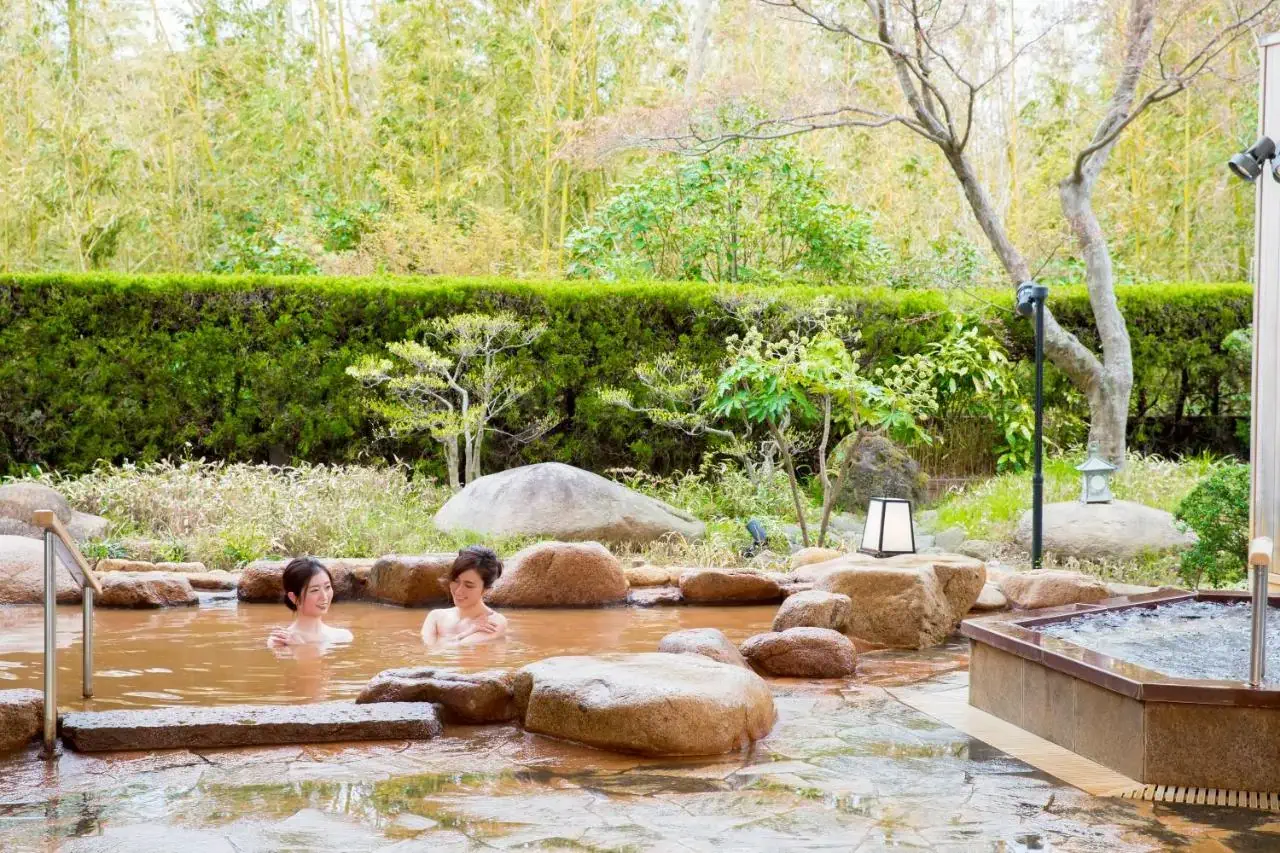
Unlike the intimate, traditional ryokans featured so far, Hyoe Koyokaku in Arima Onsen offers more of a resort-style experience. Spread across several buildings, this luxurious hotel features spacious guest rooms, multiple restaurants and a café.
Guests can enjoy eight different bathing options, including two private baths, with onsen ‘Ni-no Yu’ standing out for its unique Roman-inspired design. Dining here is a highlight too, with choices ranging from multi-course kaiseki menus to a Japanese buffet and a tasty charcoal grill.
Yunoshimakan
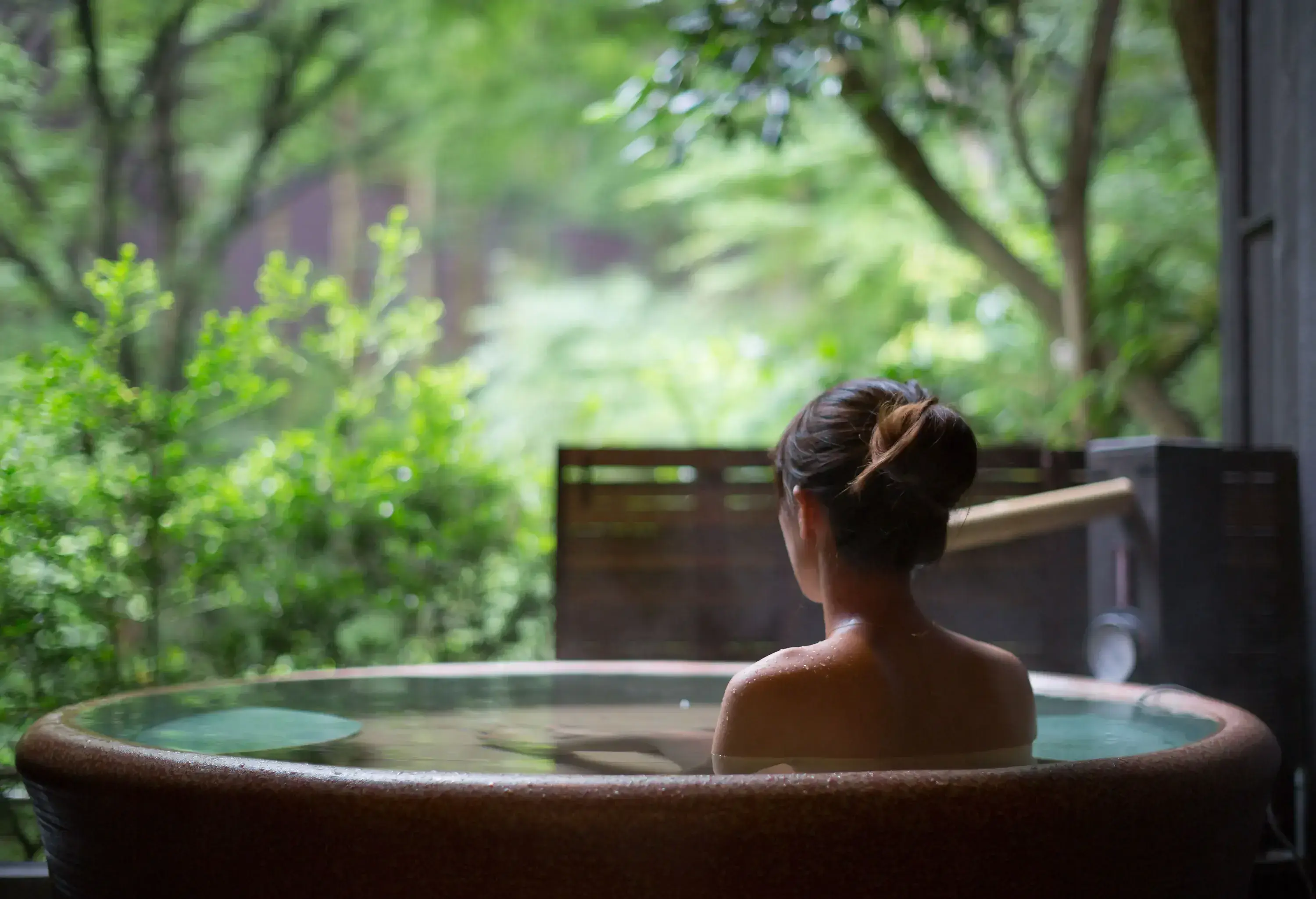
If the idea of checking into a historic onsen hotel in the mountains appeals to you, you’ll love the tranquil location of Yunoshimakan. The wooden building is a registered cultural landmark and features traditional Japanese bedrooms, most with their own open-air onsen baths.
There are also public hot springs with breathtaking mountain views. These are particularly special in the winter months, when a blanket of snow covers the landscapes. If you’re traveling with family, several room options sleep up to four people on traditional futon beds.

